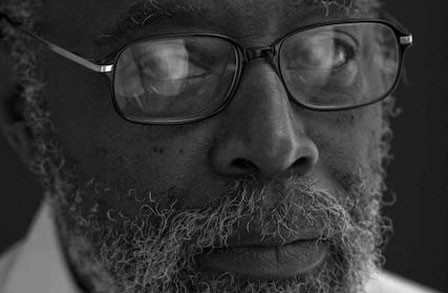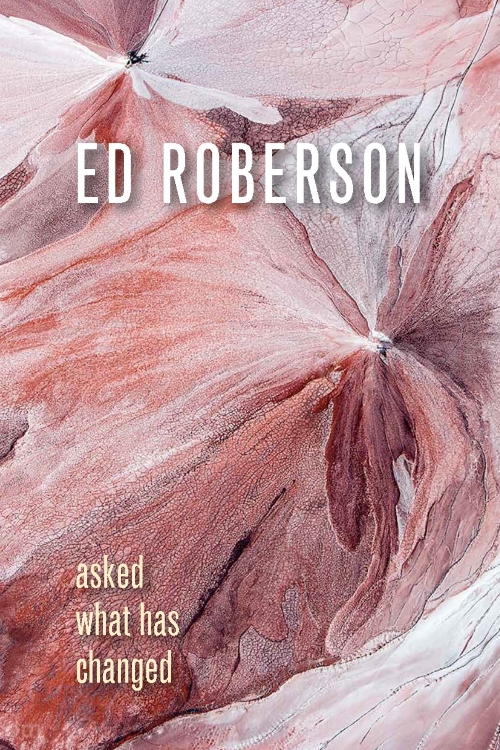Even staring out the window is changed,the private peak above it all brought downwith the erosion of the poise betweenthe viewable and the mused unseen.Dissolution so nearly changeless as notto appear is shifting the sands insidefrom what we watched, no more the steady stagethe self-dramatic days play out on outside.The silent portent now allowed alertto things changing the light a darknessnot the normal individualmortality, but as if the epochalheartbeat of larger elements, the seas,the air, had mutated, become chimera,grown wing, and routed ancestral time.Even staring out the window, the timelessis gone. We see comingin the daily migration of the local geeseto the lake at evening the cities pull upand move in unlike consternation towards and away from the waterthat had been so calming to gaze out on,to live by, easy to not live according to.And now that seas are adding themselvesinto the land, horizons look ominously larger,the arrivant out of them, faster and clearer.Now, you see the view is turned on us to framehuman agency become transparent,light as air, before the picture blackensas a consequence of our seeing too muchof it as only for us to use and then use up.The eye is not filled with seeing, with onlyseeing, but with understanding the sight.
asked what has changed
Feature Date
- June 20, 2021
Series
Selected By
Share This Poem
Print This Poem
“asked what has changed” from Asked What Has Changed.
© 2021 by Ed Roberson.
Published by Wesleyan University Press and reprinted with permission.

Born and raised in Pittsburgh, Ed Roberson studied painting in his youth and was educated at the University of Pittsburgh. Roberson is the author of numerous collections of poetry, including Asked What Has Changed (2021); MPH + Selected Motorcycle Poems (2021); the chapbook Closest Pronunciation (2013); To See the Earth Before the End of the World (2010), which was a runner up for the Los Angeles Times Poetry Award; The New Wing of the Labyrinth (2009); City Eclogue (2006); Atmosphere Conditions (1999), which was chosen by Nathaniel Mackey for the National Poetry Series and was a finalist for the Lenore Marshall Poetry Prize; Just In: Word of Navigational Change: New and Selected Work (1998); and Voices Cast Out to Talk Us In (1995), which won the Iowa Poetry Prize. His earlier collections include Etai-Eken (1975) and When Thy King is a Boy (1970). Roberson’s honors include the Ruth Lilly Poetry Prize in 2016, the Lila Wallace Writers’ Award, the Poetry Society of America’s Shelley Award, and the 2016 PEN/Voelcker Award for Poetry. He lives in Chicago, where he has taught at the University of Chicago, Columbia College, and Northwestern University.

Middletown, Connecticut
Wesleyan University
"From his current vantage point, twelve stories above Lake Michigan and eight decades into an African American life, Roberson's view encompasses what is both the mark of his apartment's 'luxury' status and the 'source of Chicago's smelly tap water.' Another breathtaking contribution to his inquiry into how black aesthetics can sharpen our understanding of local and global ecosystems, this work teaches us not simply to look, but to see."
—Evie Shockley, author of Renegade Poetics: Black Aesthetics and Formal Innovation in African American Poetry
"Ed Roberson new book stands tall here as has his whole body of meditative, subtle poetry many years. Roberson is one of our great under-sung American poetic masters with a complex poetry of humanity, history, witness, playfully skewed syntax, ecological gnosis and a crystalline vison of evolutionary possibilities. We need this book always, and right now. Bravo."
—Anne Waldman, author of Trickster Feminism
Poetry Daily Depends on You
With your support, we make reading the best contemporary poetry a treasured daily experience. Consider a contribution today.



